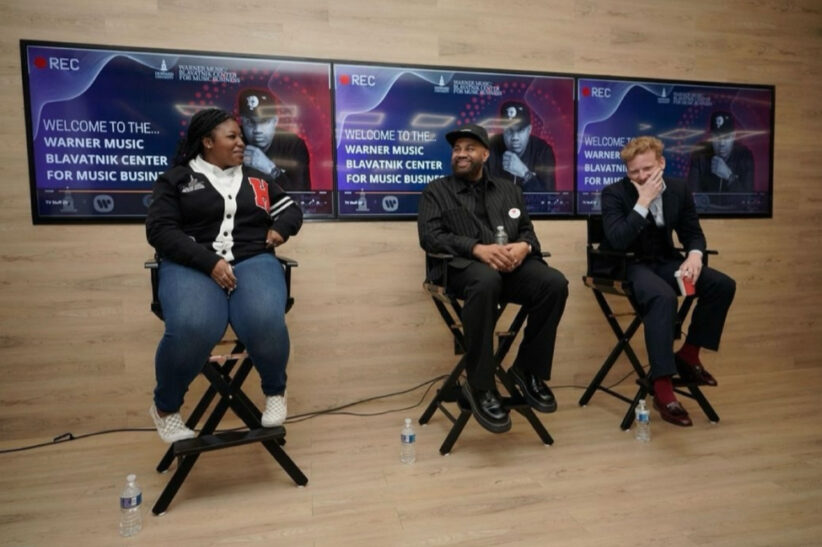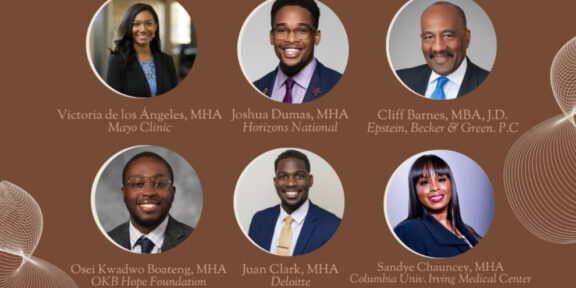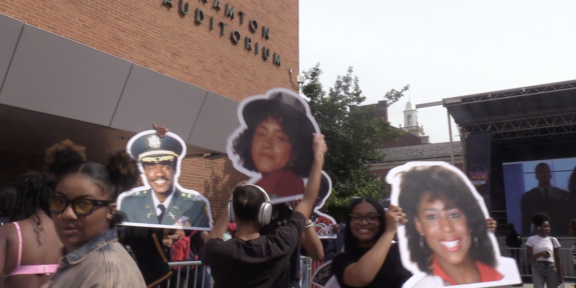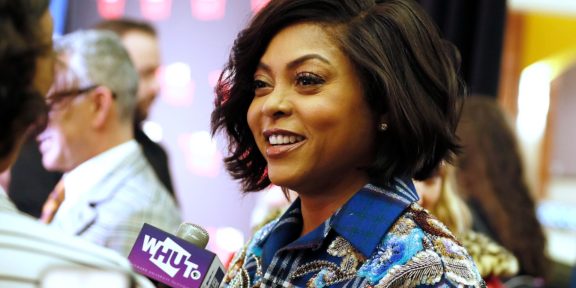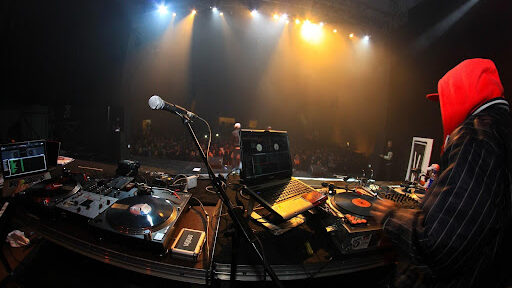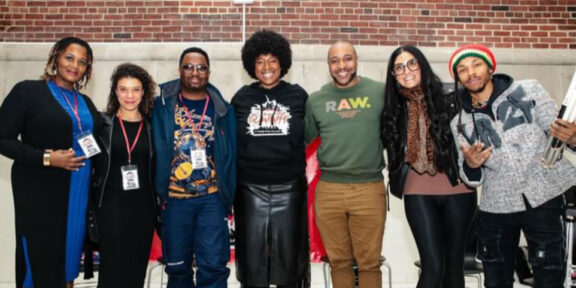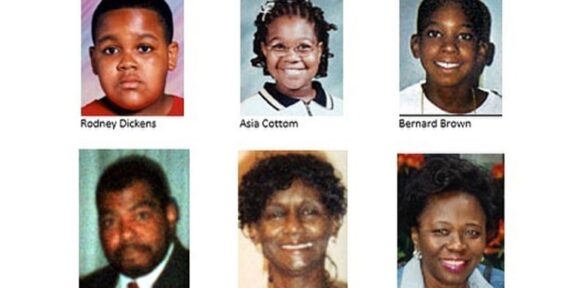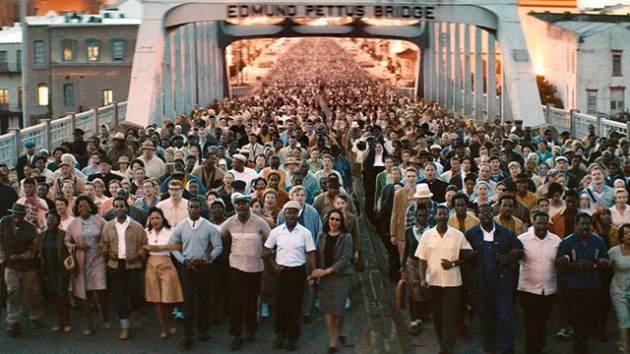By Jada Ingleton
2023 marked the 50th anniversary of hip-hop and heightened national recognition and discourse about the evolution of the genre.
One might think of the culturally innovative underground disc jockeys, or the masters of ceremonies (MC’s) of the ‘90s and ‘2000s. Others might picture rap legends fitted in loose clothing and oversized jewelry. Some of these depictions might even be women.
Originating in the Bronx, New York, hip-hop has notoriously served as an empire for creative storytelling and social justice, as seen by artists such as N.W.A., Tupac, and Kendrick Lamar. Deeply rooted in diversity and intersectionality, the inclusive genre quickly expanded from a simple party favorite to a cultural practice.
“Hip-hop is probably one of the only ways we can be as free as we want to be and just share our thoughts, emotions and experiences. [We] tell stories and share communication with people not only in our culture, but the entire diaspora,” said hip-hop veteran and educator Jasmine Young. “I think that hip-hop now is definitely recognized as this standard in American society.”
Though highly associated with compelling rap music, hip-hop is evident across various mediums – from marketing to DJing to social and political activism.
Generations of women in hip-hop have used their platforms and artistry to challenge societal norms and propel the culture forward, whether Queen Latifah marched for AIDS awareness or Megan thee Stallion advocated for mental health.
Amongst these changemakers is hip-hop archivist and community activist Martha Diaz, creator of the firsts Hip-hop Film Festival and hip-hop education summit.
“There’s a spotlight on women, but women have always contributed to the culture from day one. Whether we’ve been the muse or the worker bee making things happen…we’ve been the ones to keep the culture going,” Diaz said. “We have shown that we can do a lot of the things that man can do…and we’ve made hip-hop better.”
Diaz has dedicated much of her career in the industry to behind-the-scenes contributions.
“Hip-hop did not create the social ills of this world–we are just responding to it. We are holding a mirror to it, and that’s what women have been able to do,” Diaz said. “Artists who are coming up…will hopefully make us more conscientious of how we make music, how we listen to music, how we deliver music. I’m hopeful that things will change, and that hip hop will continue to create.”
As a senior marketing major at Howard University, Chicago rapper affectionately known as June has used her musical passion to fuel an interest in artistic and community development. After growing up in theater, it was inevitable that she would soon find love in the arts, seeing it as a connector between understanding the Black experience and coming into her own as a Black artist.
What started as a point of advocacy quickly launched into a full career, or as she put it, a “tool that can breathe life.”
“Art has always been a means of liberation for me. Hip-hop has always been a tool of freedom,” June began. “What I hope to do is continue on a revolution and empower Black women generationally. I want to be that representation for…really all Black girls. It’s a torch being carried and I’m ready to uplift it and set it to its next level.”
June is the founder of 360 Creativity Save Lives, the first and only independent label at Howard. Alongside using the label as a motivator for upcoming musicians, she has set her sights on using her platform to give back to the community, envisioning a future where she will be able to institute scholarships and pursue philanthropic work.
“What it means [to me] to be a woman in music, a hip-hop artist of the next generation? It means I’m going to save lives,” the singer-songwriter said. “I am of value no matter what way I show up in the world. If I can make somebody else feel like their life is worth living…that’s way more important than the money.”
Young and Diaz both emphasized the importance of providing educational opportunities to advance future generations of hip-hop. While Diaz has successfully implemented programs and classes that offer hip-hop guidelines in the curriculum, Young has made an impact through the lens of Warner Music Blavatnik Center for Music Business, a Howard University-based program rooted in professionally training and empowering students to be “social justice warriors in the music industry.”
“Hip-hop has literally changed my life. These experiences, what I offer [my students], are invaluable. I’m grateful to hip-hop for instilling that in me,” Young said, noting that her connection with the genre blossomed during her time as a student at Howard.
“We are…the movement,” she continued. “I can’t say hip-hop belongs to men or women–we are a culture. We are just this magnificent collective that people counted out 50 years ago, and look at us now.
With another 50 years of impact underway, it is only a wonder what more barrier-breaking changemakers will come along with it and play a role in the future of the Black community.
“Hip-hop is our voice, [the] voice of generations. It is representation, liberation, a form of therapy everything in the world is still being influenced by,” June said. “It’s Black culture. If you don’t know where you’re from, you might not know the places you’re on the path to going.”

